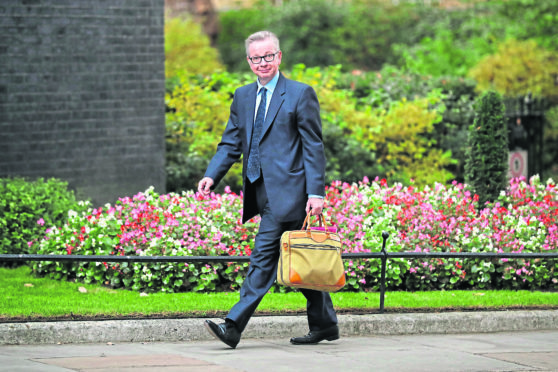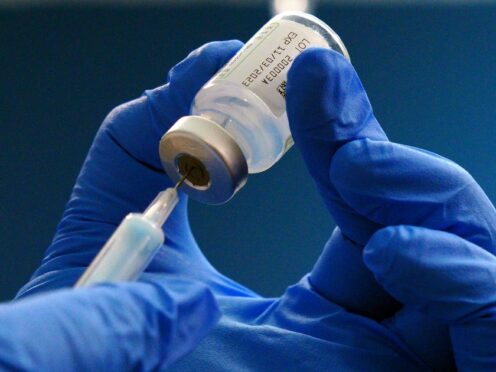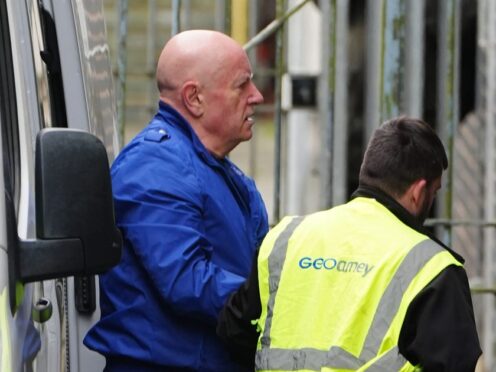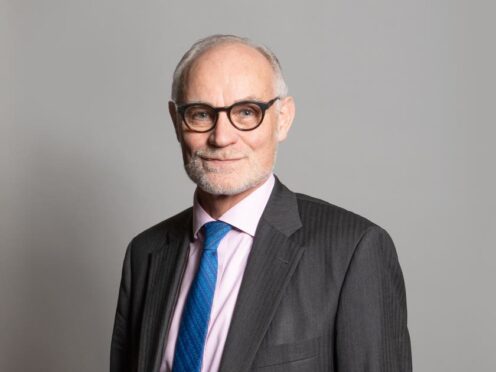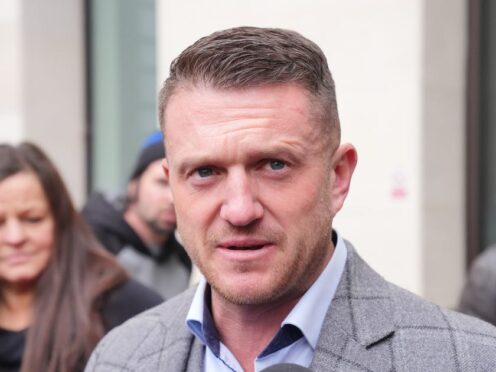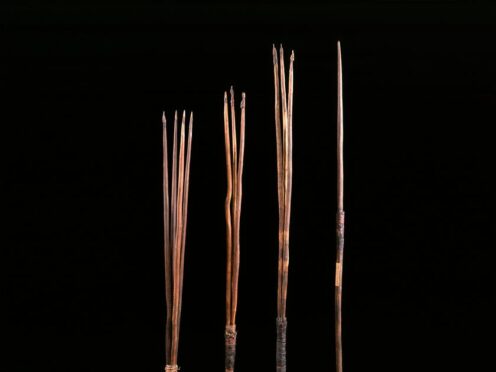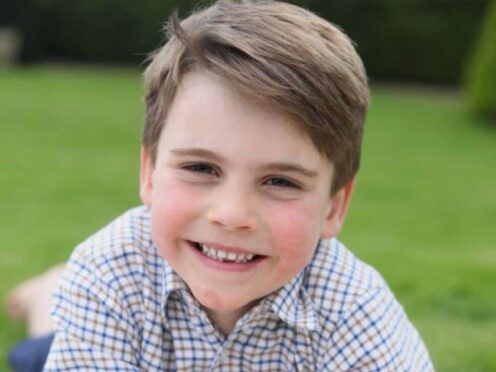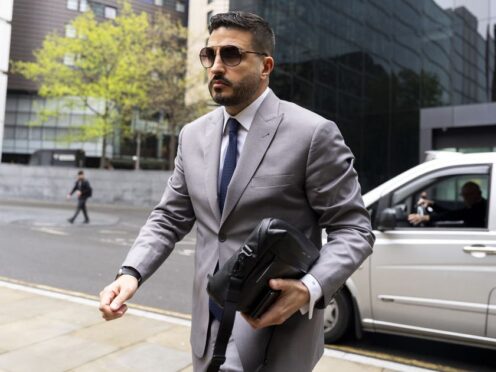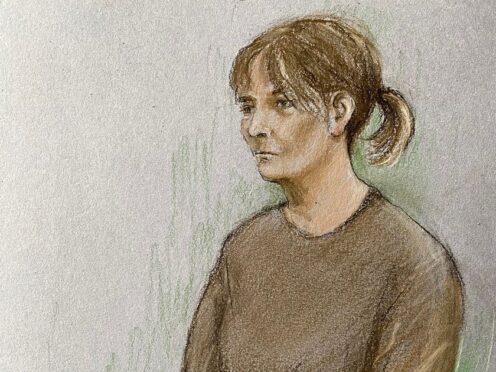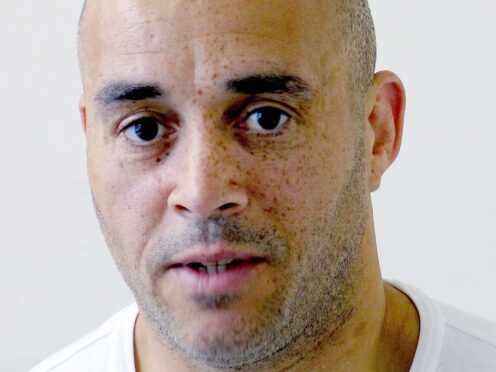The UK Environment Secretary Michael Gove has predicted a “whopper” post-Brexit boost to the nation’s fishing industry, as he vowed never to forget the “last-minute sell-out” of coastal communities in the original common market negotiations.
Amid fears EU fishing rules could continue to apply in any extended transition period, the Tory frontbencher assured MPs that European countries had “acknowledged” the UK will be an independent coastal state from the end of 2020.
And he declared their pushback on fishing rights showed UK negotiators had “defended the prime minister’s red lines”.
But SNP environment spokeswoman Deidre Brock dismissed the promise of a departure from the Common Fisheries Policy (CFP) as a “conjurer’s trick”, insisting “taking back control has never sounded so hollow”.
Meanwhile, Liberal Democrat former Scottish secretary Alistair Carmichael insisted the industry would look to the cabinet minister to keep the “very clear promises” made around the government’s refusal to allow access to waters for foreign vessels in return for access to markets.
The northern isles MP also raised concerns about how the UK ensures its voice is heard between the point of exit in March 2019 and the end of transition in December 2020.
The exchanges came during yesterday’s Commons debate on the Fisheries Bill, which will give the government powers to set annual total allowable catches for UK waters and amend the fisheries regulations that will be transposed into UK law from EU legislation.
Mr Gove, who was raised in Aberdeen, was forced to fend off a barrage of questions about whether CFP rules will continue to apply in the event of an extension to the transition period.
He replied: “The EU acknowledges that from January 2021 we will be an independent coastal state.”
And he claimed that senior EU negotiator Sabine Weyand – who reportedly told European ambassadors Britain will have to “swallow a link between access to products and fisheries in future agreements” – was trying to “sweeten the pill”.
He continued: “There is an acknowledgement on the part of EU nations that UK negotiators have safeguarded access to our waters, secured our status as an independent coastal state and the initial negotiating mandate of the EU has not been satisfied in these negotiations in respect of fishing.
“But the red lines laid down by our prime minister have been defended.
“We were told at different times that we would have to bend or buckle when it came to fisheries – the prime minister and the negotiating team have absolutely not.”
Mr Gove was warned against a repeat of what Tory Martin Vickers called the “last minute sell-out” of the industry in the 1970s, while Banff and Buchan MP David Duguid highlighted “decades of deterioration” at the hands of the CFP.
The minister spoke of the damage to his own father’s business, adding: “There’s no way I can ever forget what happened then and no way that I will be anything other than a resolute champion for coastal communities.”
Asked about his ambition for the industry and how big an expansion there could be, the minister replied: “Whopper, I’m tempted to say.”
